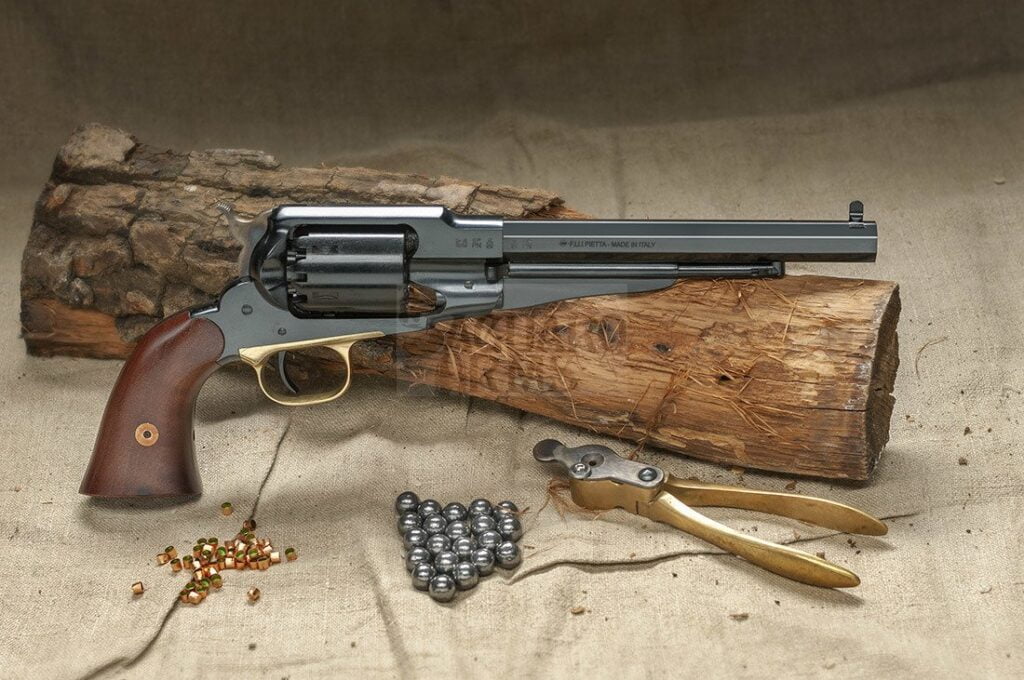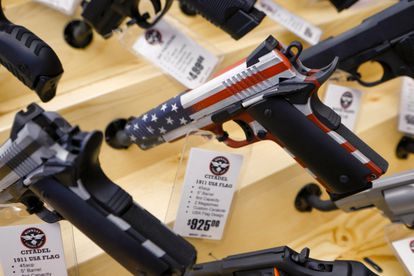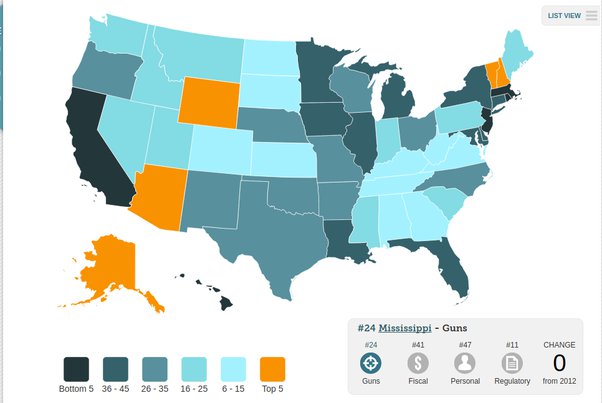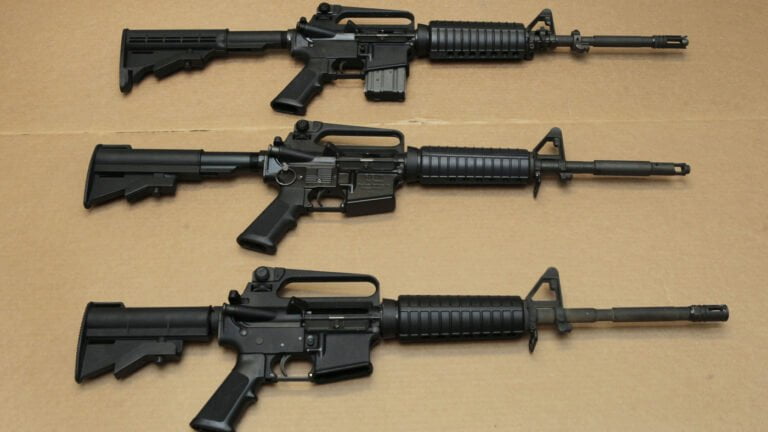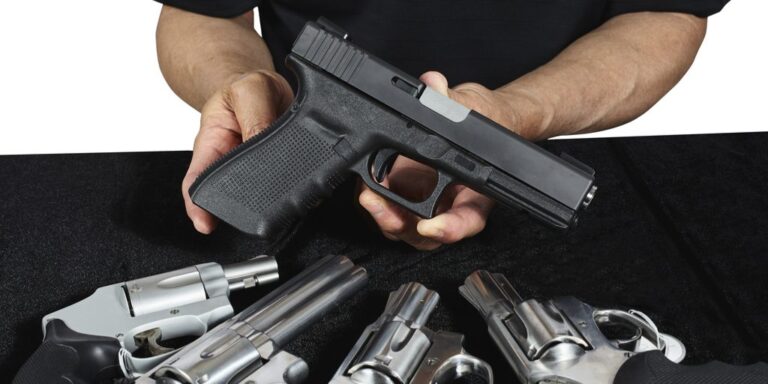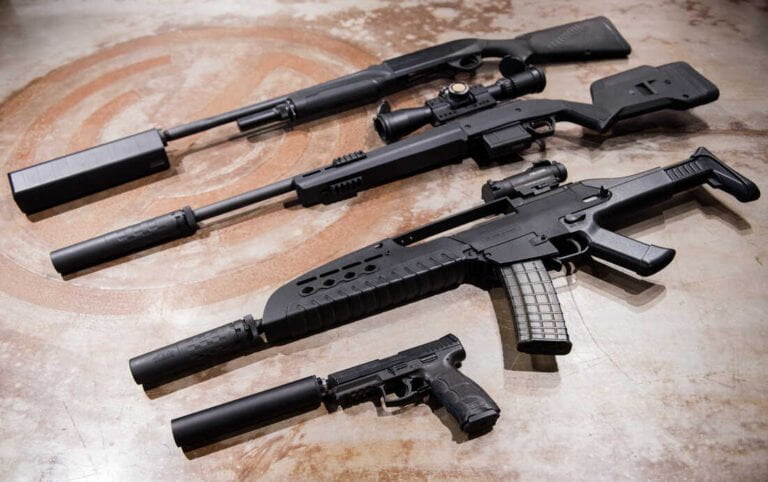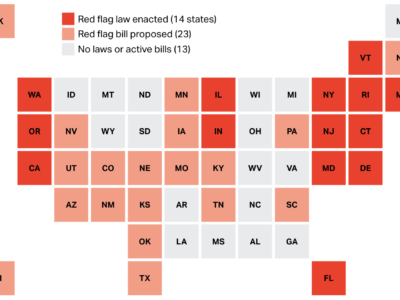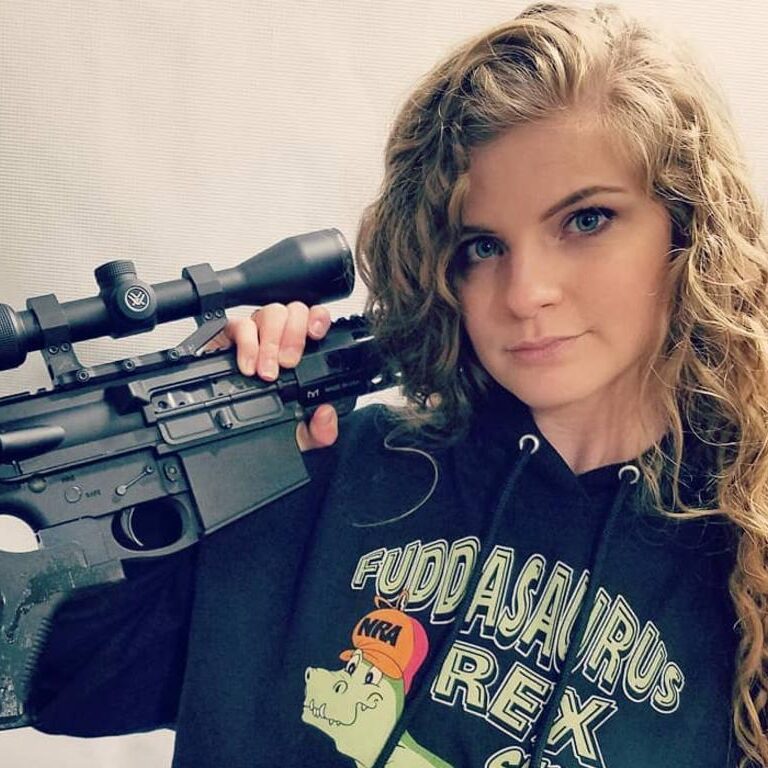Black Powder Gun Laws
The world of firearms is a fascinating one, filled with history, innovation, and a complex web of regulations. In recent times, a particular category of firearms has been making a resurgence in popularity – the black-powder muzzleloaders.
These antique weapons have a unique status in most US gun laws, often being treated differently compared to their modern counterparts. In this article, we delve into the intriguing world of black powder firearms, their legal standing, and the intricate nuances that define them.
The Resurgence of Black-Powder Weapons
Black powder weapons, often associated with historical eras, have found a renewed interest among enthusiasts and hunters alike. While these firearms have a longstanding tradition in hunting, they have been granted special seasons in various regions.
These specific hunting seasons, often distinct from the general gun season, provide hunters with unique opportunities. Some states even limit hunting to individuals who own black powder weapons, creating a niche within the hunting community.
The Evolution of Black Powder Firearms
What was once considered primitive has now evolved into a realm of possibilities. While many modernizations have been incorporated, the core mechanics of black-powder firearms remain true to their roots.
The process of pouring powder, using a percussion cap, and firing a ball or bullet has endured through time. Today, even with the ability to mount rails, scopes, and other accessories, black-powder firearms retain their essence.
State Laws and Black Powder Firearms
US gun laws vary widely from state to state, and this is no different when it comes to black-powder firearms. In states like Texas, where open carry laws are stringent for modern handguns, black-powder weapons find a unique legal standing. These firearms are often exempt from certain regulations, thanks to specific definitions outlined in state laws. For instance, in Texas, firearms that are pre-1899, use cap-and-ball ignition, and avoid centerfire or rimfire mechanisms are not considered firearms under the law.
ATF Directive and Black Powder Storage
The regulations surrounding black powder storage have seen their share of confusion. An ATF explosives newsletter in 2016 raised concerns, leading to misconceptions about black powder being banned.
However, the newsletter clarified that certain types of gun powders containing high nitrogen content were considered high explosives. Wetting black powder can mitigate explosion risks during transportation accidents, but the explosive characteristics remain, subjecting it to regulations.
Choosing Black Powders for Muzzleloaders
Black powder selection involves understanding particle sizes, designated by the F scale. Different granulations are suitable for various calibers and applications. Larger granules (1F) are ideal for big-bore calibers, while smaller granules (3F) are suitable for pistol and small rifle calibers. Making the right choice enhances firearm performance and safety.
Understanding Muzzleloaders
Muzzleloaders, also known as flintlock rifles, have a distinct loading mechanism. The propellant is poured down the barrel, and ignition occurs through a spark created by a flint system. These firearms offer a single-shot mechanism, reminiscent of historical times. Modern muzzleloaders retain a traditional appearance with synthetic stocks, bridging the gap between past and present.
Configuring MuzzleLoaders to Remain Antique
Enthusiasts often seek to configure muzzleloaders to maintain their antique status while enhancing functionality. One particular aspect is the use of flash suppressors. However, legality varies, and the definitions surrounding flash suppressors can be intricate. Understanding the distinctions between flash suppressors, muzzle brakes, and compensators is crucial to avoid legal pitfalls.
Navigating the Legal Landscape
The legal status of black-powder muzzleloaders highlights the complexities of firearm regulations. As laws evolve and interpretations change, firearm owners must stay informed to ensure compliance. Black-powder firearms offer a blend of history and innovation, connecting modern enthusiasts to the heritage of firearms.
Conclusion
Black-powder muzzleloaders occupy a unique space in the world of firearms, blending tradition with modern interpretations. Their antique status under US gun laws provides both challenges and opportunities for enthusiasts and hunters.
As the popularity of these firearms continues to rise, a deeper understanding of the legal landscape becomes essential. Whether for historical appreciation or sporting purposes, black-powder muzzleloaders remain a captivating facet of firearm culture.
FAQs;
Q1. Are black-powder muzzleloaders legal to own in all US states?
Yes, black-powder muzzleloaders are generally legal to own in most US states, although regulations may vary.
Q2. Can modern accessories be added to black-powder muzzleloaders?
Yes, modern accessories like rails and scopes can often be added to black-powder muzzleloaders, enhancing their functionality.
Q3. Are there specific storage requirements for black powder?
Yes, black powder should be stored in a cool, dry environment, away from heat, sparks, and open flames.
Q4. What is the significance of the F scale in black powder?
The F scale designates the size of black powder particles, influencing firearm performance and safety.
Q5. Can flash suppressors be added to muzzleloaders legally?
The legality of adding flash suppressors to muzzleloaders varies by state and specific definitions outlined in firearm laws.
Q6. What is a black powder firearm?
A black powder firearm is a gun that uses explosive black powder to propel lead balls or other projectiles, such as a musket or black powder pistol.
Q7. Can the black powder be used in guns?
Yes, black powder firearms require the use of loose black powder as a propellant charge to fire the weapon.
